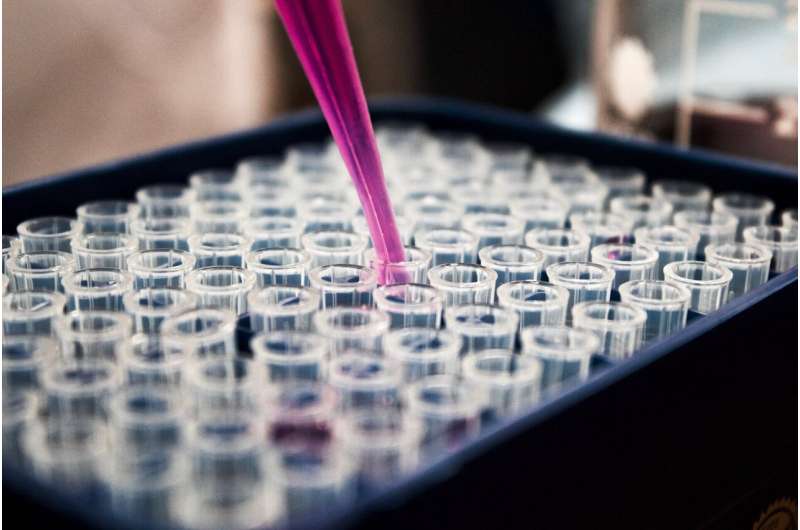New Benchmark Defines Colon Cancer Cure After Six Years of No Relapse Risk

A comprehensive study has established that colon cancer patients can be considered cured after six years without relapse, when the risk drops below 0.5%. This new benchmark offers a clearer definition for long-term remission and improves patient care strategies.
Recent comprehensive analysis by IRCCS Ospedale Policlinico San Martino in collaboration with Mayo Clinic and other international cancer research centers has established a significant milestone in colon cancer management. The study demonstrates that the risk of cancer recurrence diminishes to below 0.5% after six years post-surgery, providing a practical definition of cure for stage II and III colon cancer patients.
Historically, relapse risk assessments in colon cancer included endpoints such as death and development of new primary tumors, which often blurred the true picture of disease recurrence. Early data indicated a recurrence rate of 1.5% at five years and about 0.5% at eight years, leading researchers to seek a clearer, more definitive benchmark.
In the landmark study published in JAMA Oncology, researchers performed a pooled analysis of data from 35,213 patients enrolled in 15 Phase III randomized trials conducted between 1996 and 2015. All patients underwent radical surgery followed by adjuvant chemotherapy, with median follow-up times of at least six years. Their findings revealed that recurrence rates peaked (6.4%) between six and twelve months after surgery. After that, the risk declined steadily, remaining below 0.5% from about 6.5 years onward.
The analysis also emphasized the importance of considering competing risks, such as death or secondary primary tumors, which can overstate the true recurrence rate if not properly accounted for. The study found that when these factors were included, recurrence estimates inflated, especially among older patients. Females had a notably lower recurrence risk when death was considered as a competing event, with a hazard ratio of 0.58, while patients aged 40 and above showed higher recurrence risks compared to younger patients.
Overall, nearly 27.2% of the cohort experienced local or distant cancer recurrence during follow-up. The findings strongly support adopting a six-year relapse-free milestone as a practical indicator of cure in stage II and III colon cancer. This could improve patient communication, optimize follow-up strategies, and reduce unnecessary long-term surveillance.
This study marks a pivotal step in redefining treatment success and long-term management strategies for colon cancer, providing a clearer target for clinicians and patients alike.
Source: https://medicalxpress.com/news/2025-10-colon-cancer-years-relapse-falls.html
Stay Updated with Mia's Feed
Get the latest health & wellness insights delivered straight to your inbox.
Related Articles
Australia Launches New National Immunization Strategy to Improve Vaccination Rates
Australia's new National Immunization Strategy aims to reverse declining vaccination rates and strengthen community trust, access, and data-driven decision-making for better public health outcomes.
Major Challenges in Conducting Multinational Clinical Trials in Europe Uncovered
A new study uncovers significant ethical, regulatory, and logistical hurdles faced during European multinational clinical trials, highlighting the need for harmonized processes to accelerate research, especially during health crises.
Mouse Models of Retinitis Pigmentosa Mirror the Human Disease RP59 Pathobiology
Researchers have developed mouse models with DHDDS gene mutations that accurately reflect the retinal degeneration observed in human RP59, advancing understanding of the disease mechanisms and potential treatments.



